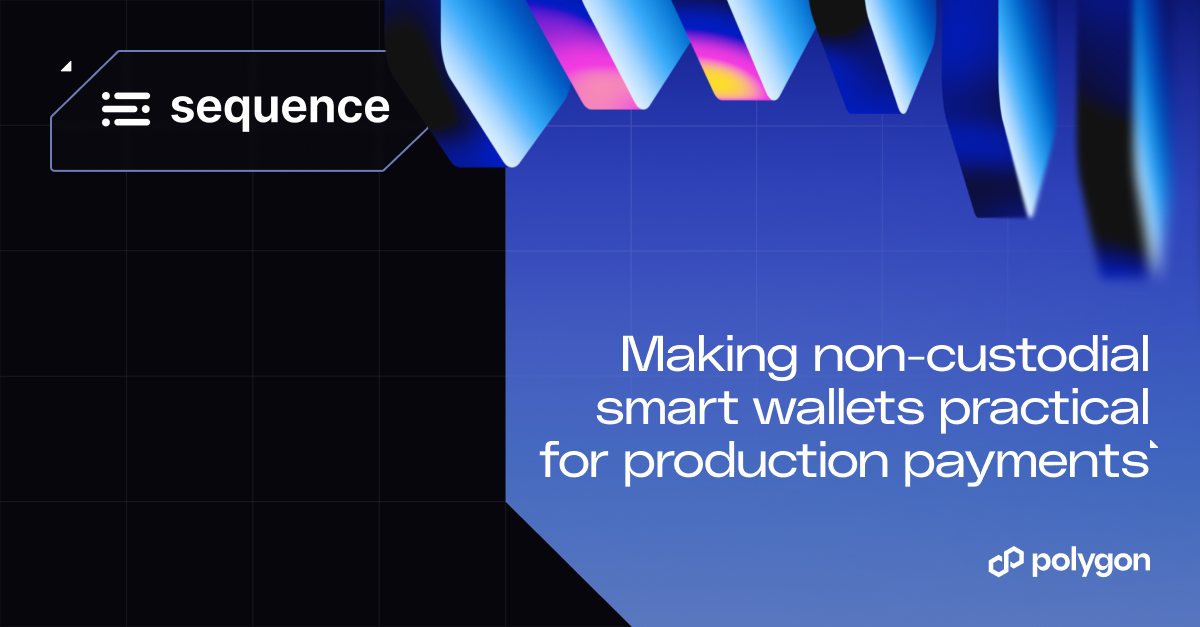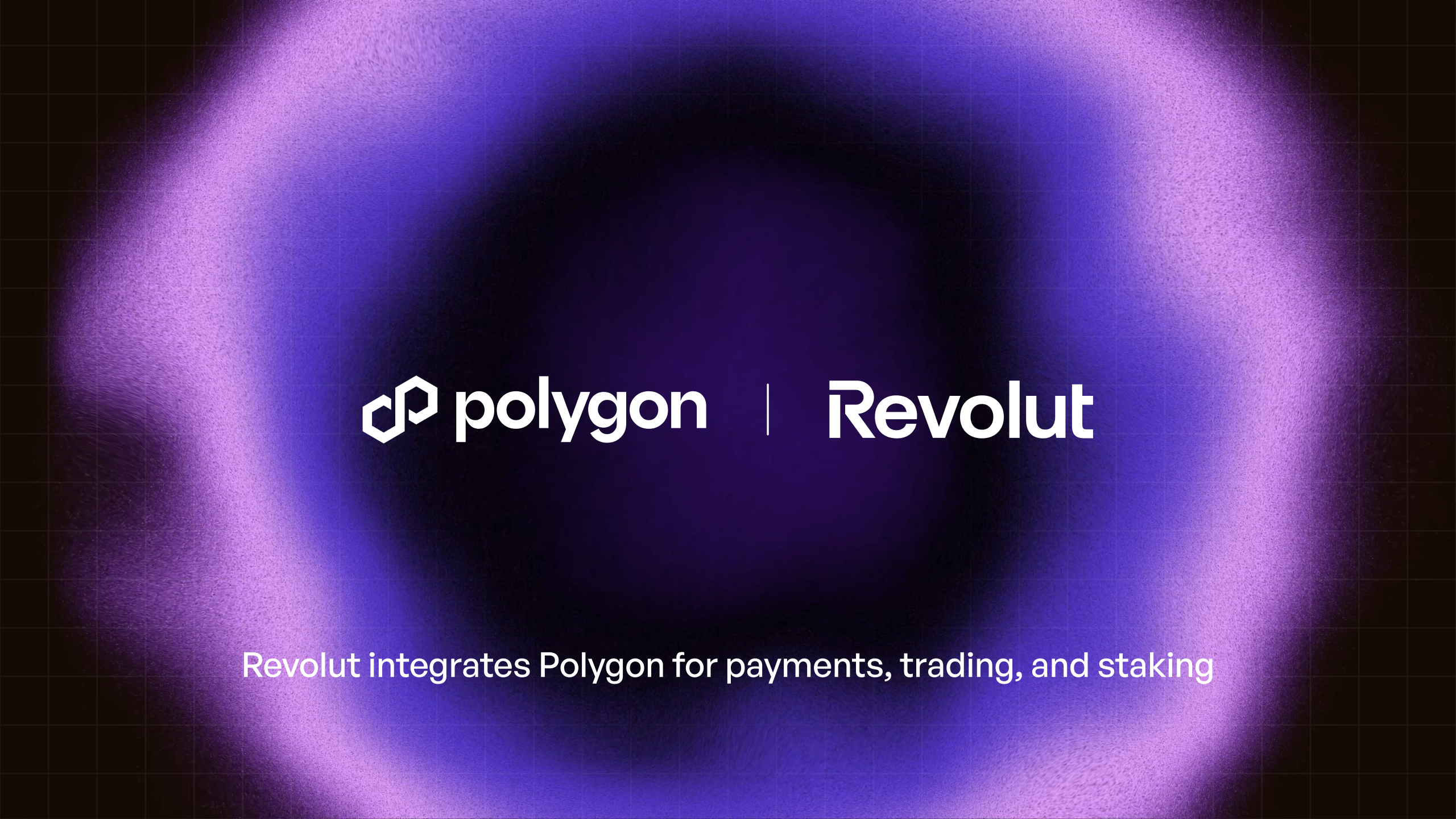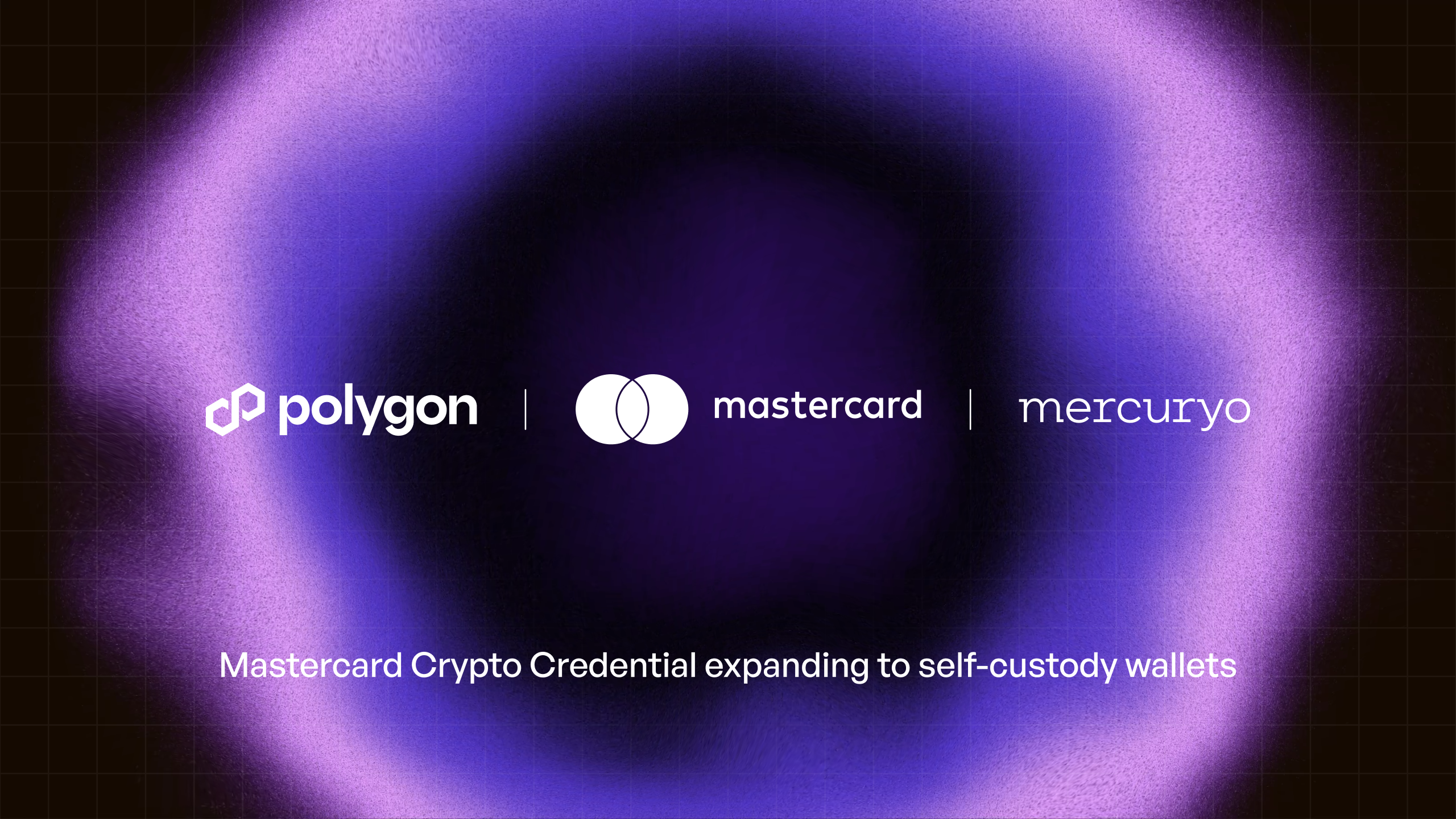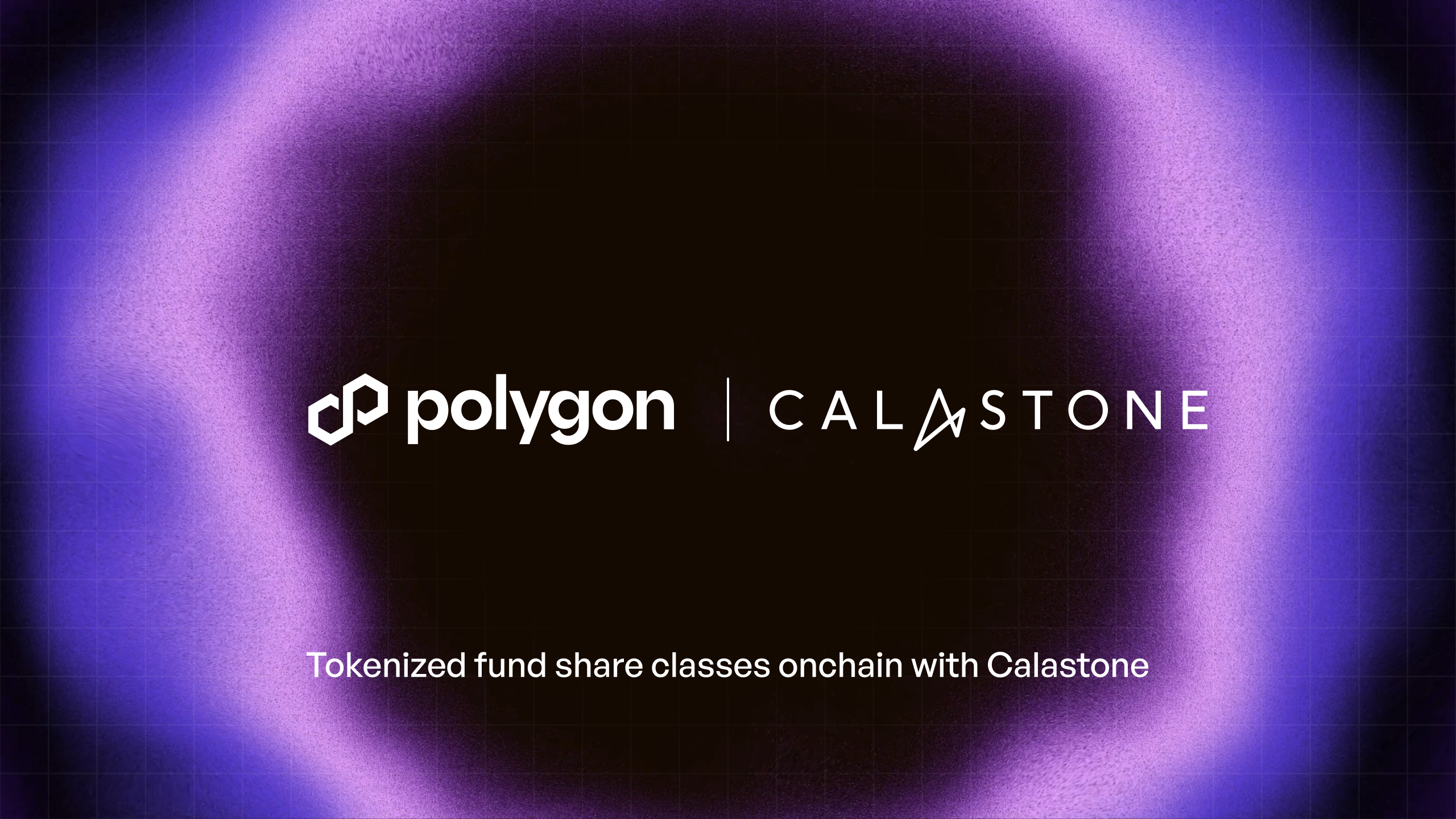New IRS Guidance for Validators - Resource Guide

(Disclaimer: the following is not legal advice.)
On July 31st, 2023, the Internal Revenue Service (“IRS”) issued Revenue Ruling 2023-14 that determined consensus-layer staking rewards as gross income when received, rather than when sold. Specifically, the Ruling reads,
“If a cash-method taxpayer stakes cryptocurrency native to a proof-of-stake blockchain and receives additional units of cryptocurrency as rewards when validation occurs, the fair market value of the validation rewards received is included in the taxpayer's gross income in the taxable year in which the taxpayer gains dominion and control over the validation rewards.”
Many in the industry have written critiques of this Ruling (see “additional resources” below) for two main reasons. First, taxing staking rewards at the point of creation deviates from the conventional tax approach applied to other assets generated by the taxpayer (e.g., producing art, harvesting crops, etc.) rather than received from a third-party. Second, fundamentally, this Ruling imposes the idea of a third-party payer (i.e., a natural “person”) on the blockchain itself, mischaracterizing the technical activity that happens at the consensus layer.
To more fully understand these critiques, please see the following resources,
- Proof of Stake Alliance issued a statement – titled “Proof of Stake Alliance Responds to IRS Announcement on Staking Taxation – with their thoughts about the Ruling.
- In his Twitter thread, CryptoTaxGuy breaks down the implications of the Ruling as well as some of the history leading up to it. Peter Van Valkenburgh further builds on these ideas in his own thread on Twitter. Valkenburgh also published two articles on Coin Center this year that discuss relevant issues: one on IRS’s court battle and the other on unsettled questions.
- Tax Policy Center’s review of taxation around staking.
Although Revenue Rulings are the official guidance of the IRS, they are not binding. Taxpayers should, therefore, follow this guidance unless they’re ready and willing to go to court. Despite this interpretation by the IRS, other developments are taking place in the policy space that would address these concerns around taxation.
Such as, U.S. Senators Kirsten Gillibrand (D-NY) and Cynthia Lummis (R-WY) introducing the Responsible Financial Innovation Act (commonly referred to as the “Lummis-Gillibrand Bill”). This large regulatory framework for digital assets covers many issues including not taxing mining or staking rewards until sale. Following suit, Senators Ron Wyden (D-OR) and Mike Crapo (R-ID) recently published a request for comment on the taxation of digital assets, suggesting a similar “friendlier” approach.
Read more policy-related posts and tune into the Polygon Labs Blog and our social channels to keep up with updates about the Polygon ecosystem.
Together, we can build an equitable future for all through the mass adoption of Web3!
Website | Twitter | Developer Twitter | Forum | Telegram | Reddit | Discord | Instagram | Facebook | LinkedIn






.jpg)
.jpg)
.png)

.png)






%20(1).png)